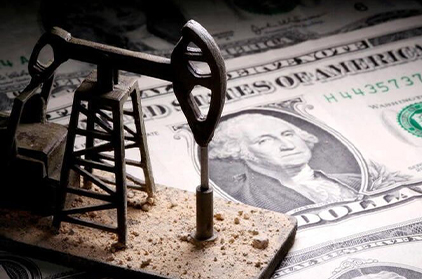
DUBAI, July 20 (Reuters) - A petrodollar windfall is helping some Gulf Arab states pay down debt and providing cash for others to diversify their oil-reliant economies, but it is also testing commitments to fiscal discipline as governments try to shield citizens from inflation.
Gulf oil producers have promised more prudence this time as crude prices have spiked higher, seeking to learn the lessons of previous periods of plenty that rapidly turned into eras of belt tightening and deep deficits.
The six Gulf Arab states - Saudi Arabia, the United Arab Emirates, Kuwait, Qatar, Bahrain and Oman - are on track for budget surpluses, some for the first time in a decade, with the help of buoyant oil prices and years of fiscal reforms.
Now, say analysts, they must hold this conservative line.
"The temptation to revert to pro-cyclical spending is real, especially as government contracting continues to drive economic activity in the largest economies, like Saudi," said Karen Young, senior fellow at Middle East Institute in Washington.